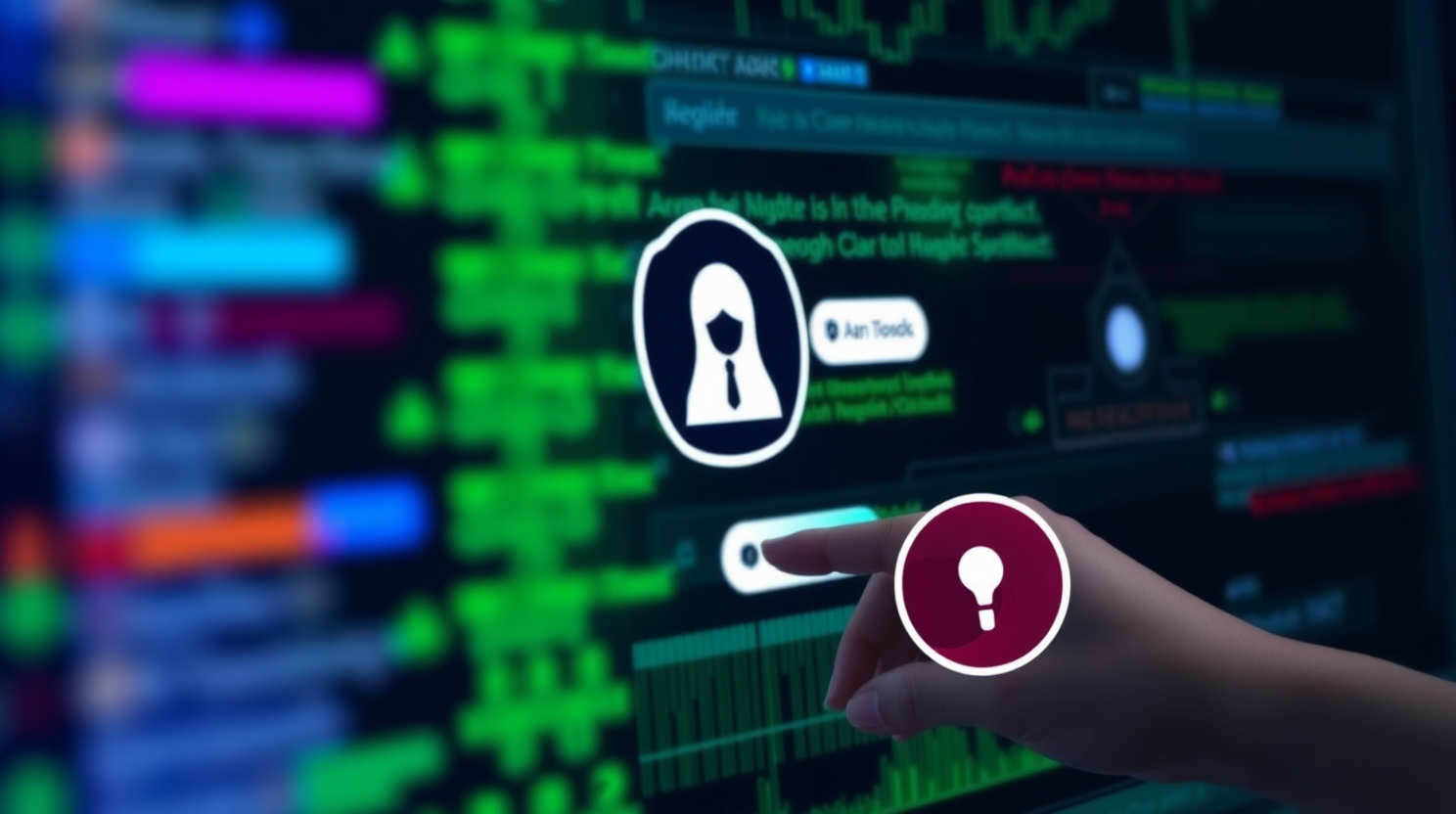AI Hacking Tool Turned Against Companies: Hexstrike-AI Now a Deadly Weapon Exploiting Zero-Day Vulnerabilities

An innovative AI-powered security solution, initially designed to assist companies in identifying and rectifying their own vulnerabilities, has inadvertently fallen into the hands of cybercriminals. This tool, known as Hexstrike-AI, is now being utilized as a potent hacking weapon that exploits zero-day vulnerabilities.
According to a recent report from cybersecurity firm Check Point, this development represents a significant concern for security experts, as it signifies the point where AI’s immense power has been directly transferred into the hands of those intent on causing harm.
Hexstrike-AI was conceived as a defensive tool, dubbed as an “advanced AI-driven offensive security framework,” designed to aid security professionals in thinking like hackers to bolster their organization’s defenses.
Imagine Hexstrike-AI as an AI “conductor” directing a digital orchestra consisting of over 150 specialized AI agents and security tools to test a company’s defenses, identify weaknesses such as zero-day vulnerabilities, and report back.
However, the appeal of this tool for defenders also makes it highly attractive to attackers. Shortly after its release, dark web chatter increased, with malicious actors not only discussing the tool but also actively figuring out how to weaponize it.
The timing could hardly have been worse, as Citrix announced three significant zero-day vulnerabilities in its popular NetScaler products around the same time. A zero-day vulnerability refers to a flaw that has yet to be patched, leaving organizations completely exposed.
Traditionally, exploiting such complex flaws requires a highly skilled team of hackers and days, if not weeks, of work. With Hexstrike-AI, this process has been reduced to less than 10 minutes.
The AI brain handles the majority of the workload. An attacker can issue a simple command like “exploit NetScaler,” and the system automatically determines the most effective tools to use and the exact steps to follow. By simplifying hacking into an automated process, it democratizes hacking.
As one cybercriminal boasted on an underground forum: “Watching it function without my participation is just a song. I’m no longer a coder-worker, but an operator.”
This development isn’t limited to large corporations. The speed and scale of these new AI-powered attacks are causing the window for businesses to protect themselves from zero-day vulnerabilities to shrink dramatically.
Check Point is advocating immediate action:
“What was once a theoretical threat has now become a tangible and imminent danger. With AI now actively weaponized for exploiting zero-day vulnerabilities, the game has changed, and our approach to security must adapt accordingly.”
For further reading, see: AI Security Wars: Can Google Cloud Defend Against Tomorrow’s Threats?






